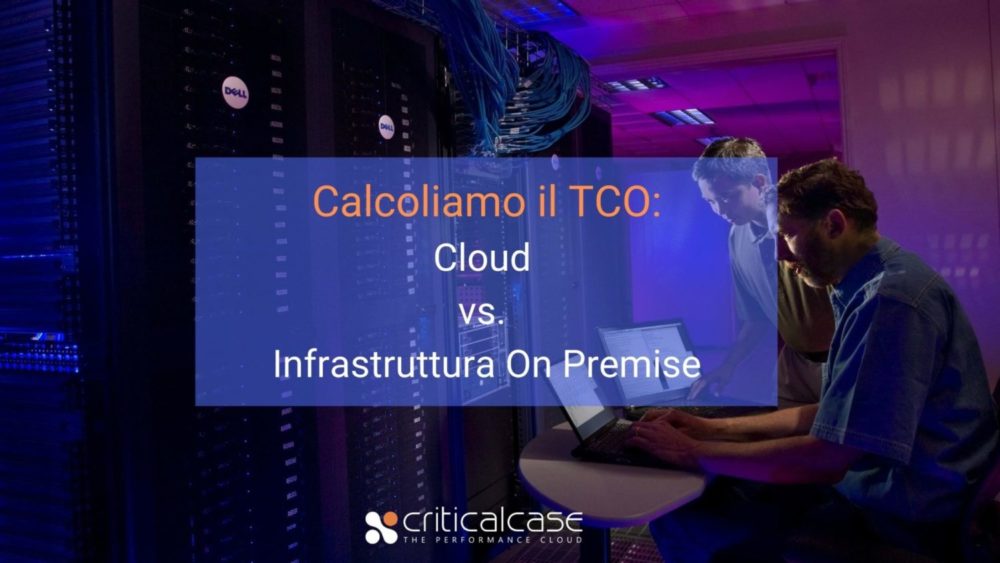A quick look at the costs shows that some are one-off costs, such as the purchase of physical equipment, others are recurring costs (maintenance staff, colocation fee, energy consumption) that will occur throughout the whole period of use of the environment.
We recommend calculating the TCO for a 3-5 year period because the lifespan of physical equipment is about to end after 5 years of use.
After 3-5 years it will be necessary to evaluate the state of the hardware and place a budget for the entire purchase cost again to design a modern and performing infrastructure.


